As electric mobility evolves, battery swap stations are emerging as a fast, convenient alternative to plug-in charging for both two- and three-wheelers as well as four-wheel vehicles. By enabling near-instantaneous battery exchanges, swap hubs minimize downtime and boost fleet productivity—especially in high-utilization scenarios. However, costs vary significantly based on vehicle class, station capacity, automation level, and local infrastructure. In the sections below, we’ll examine typical investment ranges for swap stations serving electric scooters and rickshaws (two- and three-wheelers) and passenger cars (four-wheelers), highlighting key components—cabinets, battery inventory, site prep, power infrastructure, and software—to help you plan an optimal deployment.
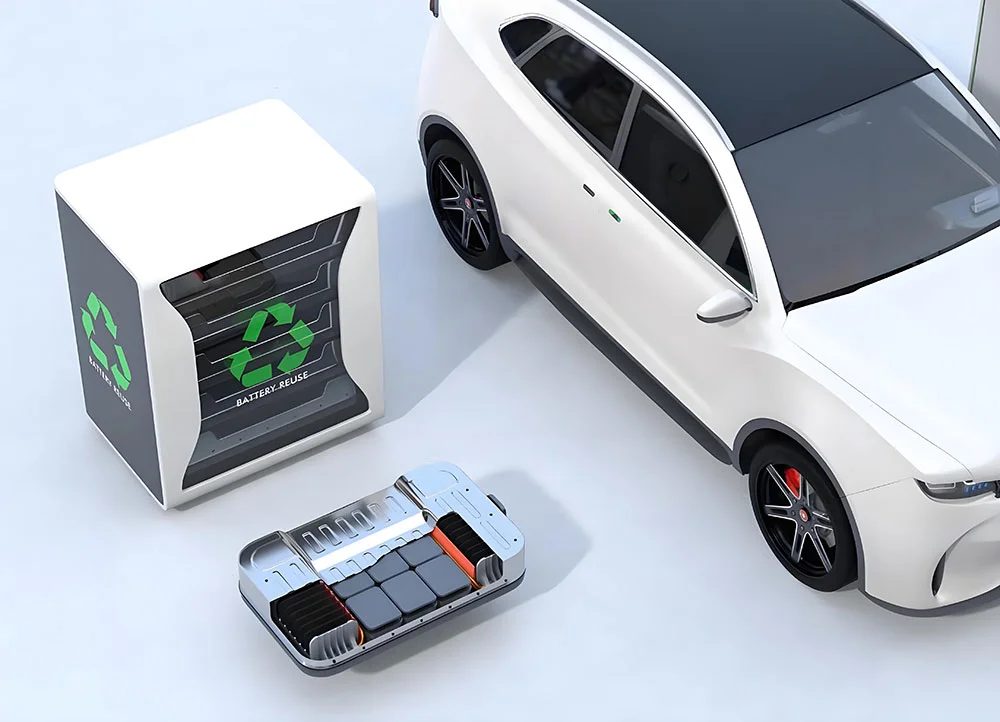
The cost of a battery swap station designed for electric two-wheelers and three-wheelers can vary widely depending on the system configuration, battery capacity, level of automation, and number of battery slots. On average, a basic semi-automated swap cabinet for small EVs may cost between $3,000 and $10,000 per unit. These models usually include 4 to 12 battery compartments and are ideal for small fleets, delivery services, or ride-sharing operations.
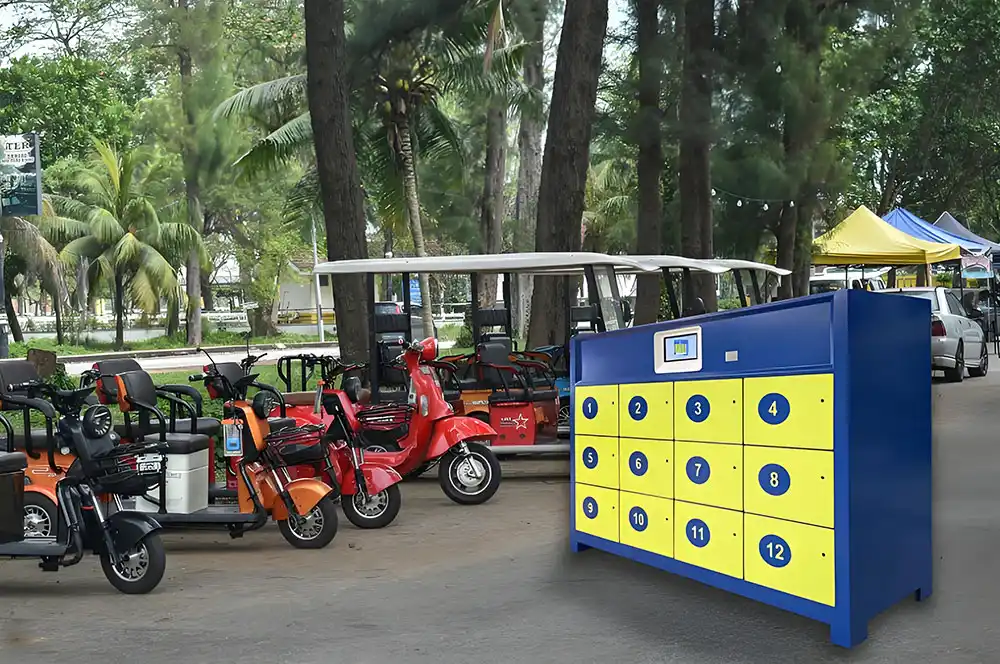
If you're considering a smart battery swapping cabinet with features like IoT monitoring, user authentication, app integration, and battery health diagnostics, the cost could range from $8,000 to $20,000, depending on the level of sophistication and number of supported batteries.
Other factors influencing the price include:
Battery type (LFP or NCM, voltage and Ah)
Number of users served simultaneously
Indoor or outdoor installation requirements
Whether batteries are included in the package
Payment and rental system integration
For businesses or local governments planning to deploy a network of swap stations, manufacturers like SRE Power can offer custom solutions and bulk pricing to reduce the per-unit cost significantly.
In conclusion, the total investment for a two- or three-wheeler battery swapping station should consider not just the hardware, but also software, operation platforms, and long-term service support. If you need a quote or want to discuss your project needs, contact SRE Power for tailored guidance.
Deploying a battery swapping station designed to service four-wheeled electric vehicles (EVs) involves significantly higher capital investment and operational complexity compared to two- and three-wheeler swap cabinets. A full-featured, automated four-wheeler swap station typically includes the following key cost components:
Automation & Robotics: Precision robotics and guided rails that automatically extract depleted packs and insert fresh ones add roughly $50,000–$100,000 to the hardware bill of materials. Enhanced safety measures—such as infrared thermal imaging, automatic anomaly detection, and liquid-cooling loops—can push equipment costs higher.
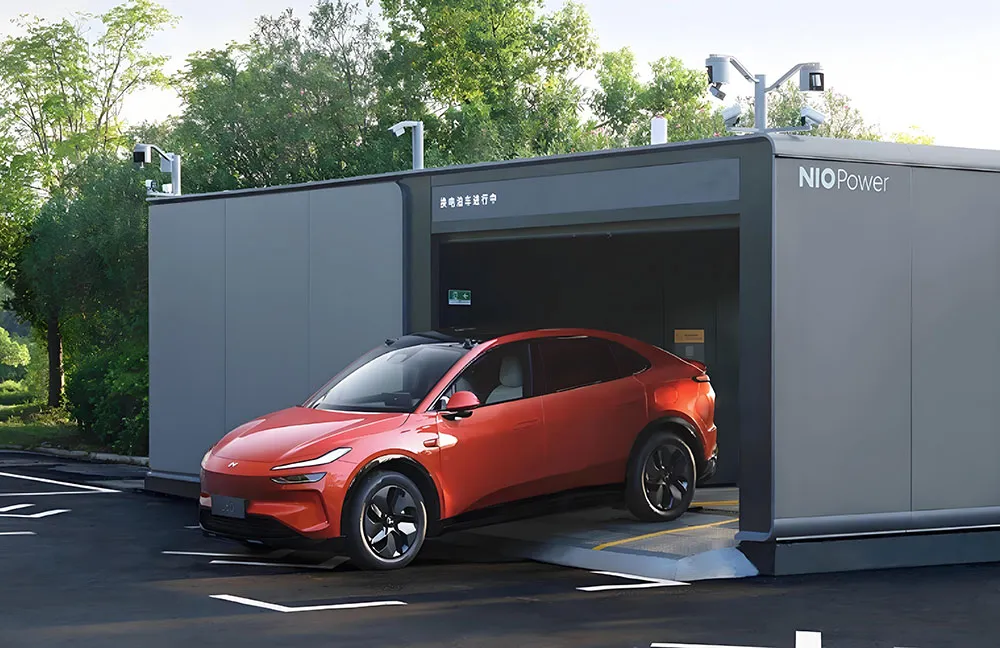
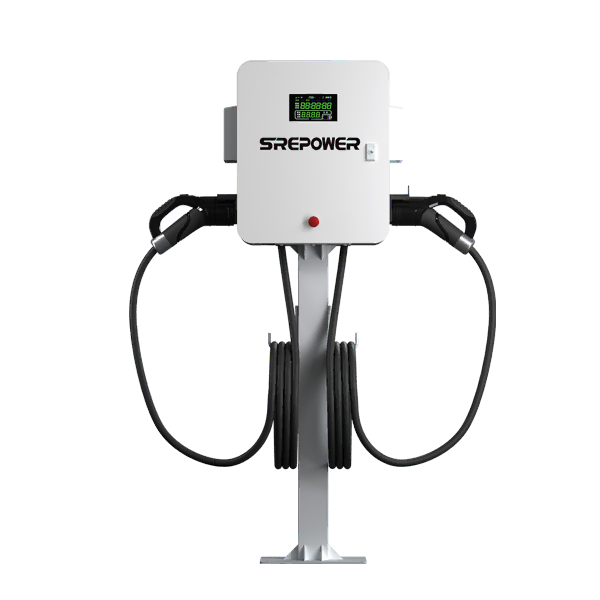
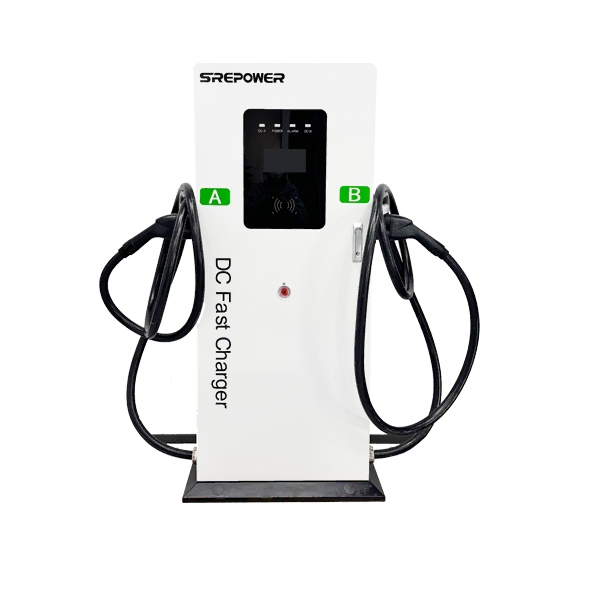
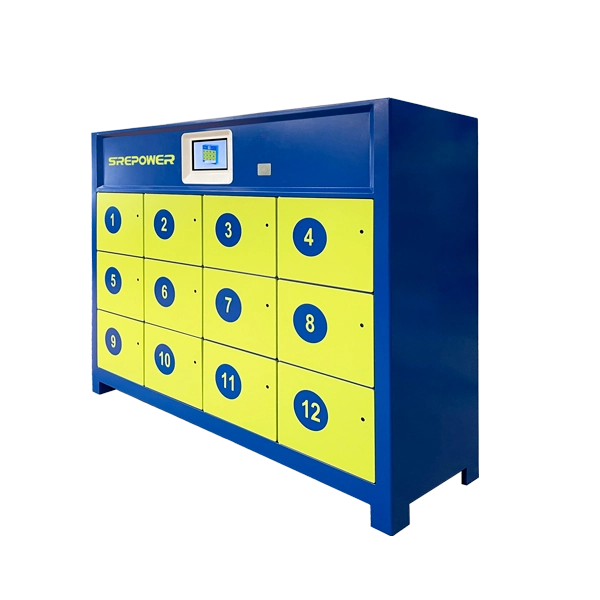
Swap Station 12 Cabinets 15.8KW Battery Swap Station 8 Cabinets 10KW Battery Exchange Station 5 Cabinets 15.8KW Smart Swap Station 10 Cabinets 16.8KW Swap Charging Station 4 Cabinets battery switching station for E-Bikes and Scooters 12 Cabinets Charing Rack Smart Swap Station
Fast Charger Column Charging Pile-12KW AC Column Charging Station 12KW Wall-mounted Charging Pile 7-20KW AC Column Charging Post with Dual Gun Charging 12KW AC Charging Pile-no display 120/160KW EV Car Charger
Portable Charger 1300W Portable Battery Charger 2100W Waterproof charger 840W Series Home Battery Charger 300W Series Portable Battery Charger 180W AC Home Charger dual output battery charger
Address:2-903, Building T2, Haiku Technology Building, Bao'an District, Shenzhen, Guangdong, China.
Phone:0755-23054220
E-mail:Info@srepowerne.com
 WhatsApp Contact
WhatsApp Contact
Copyright @ China ev fast charging manufacturers&companies&suppliers&vendor&provider- SRE Power